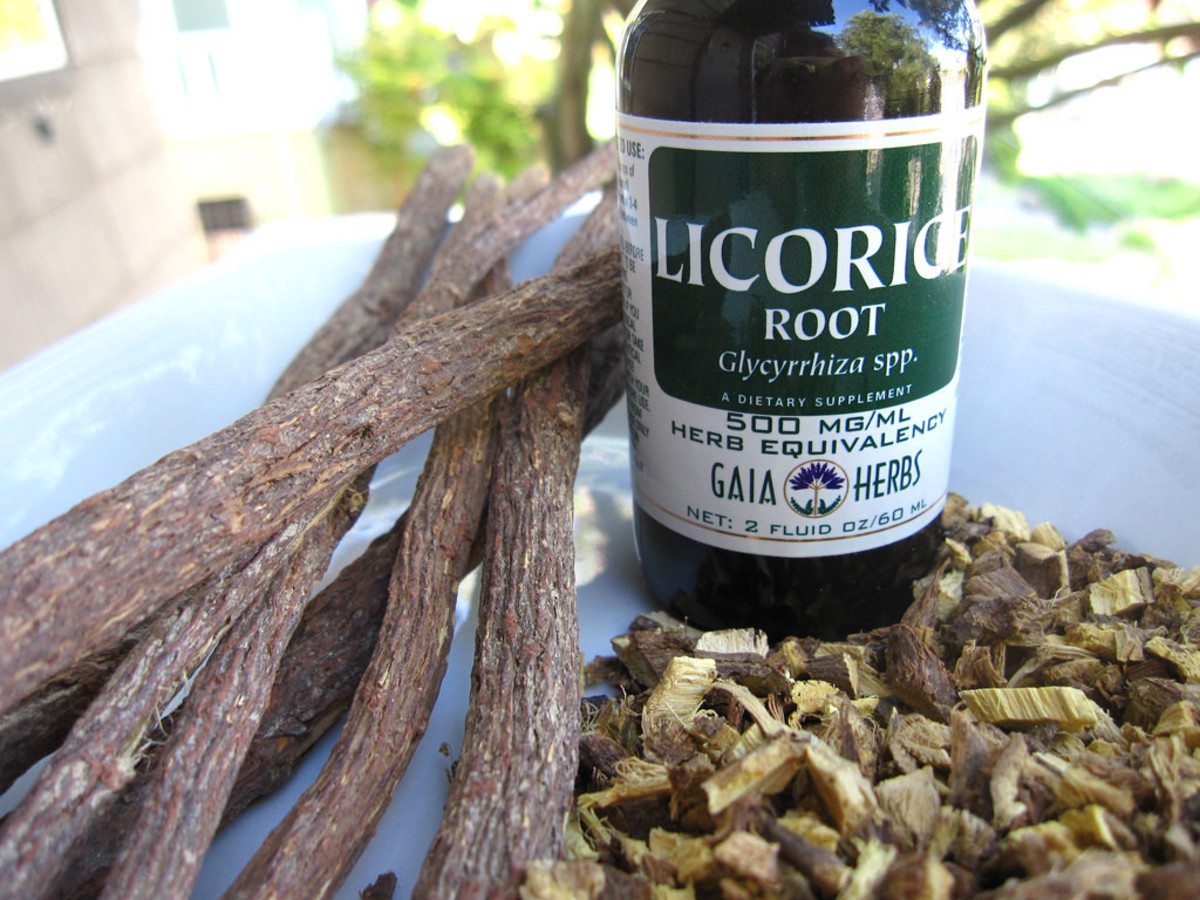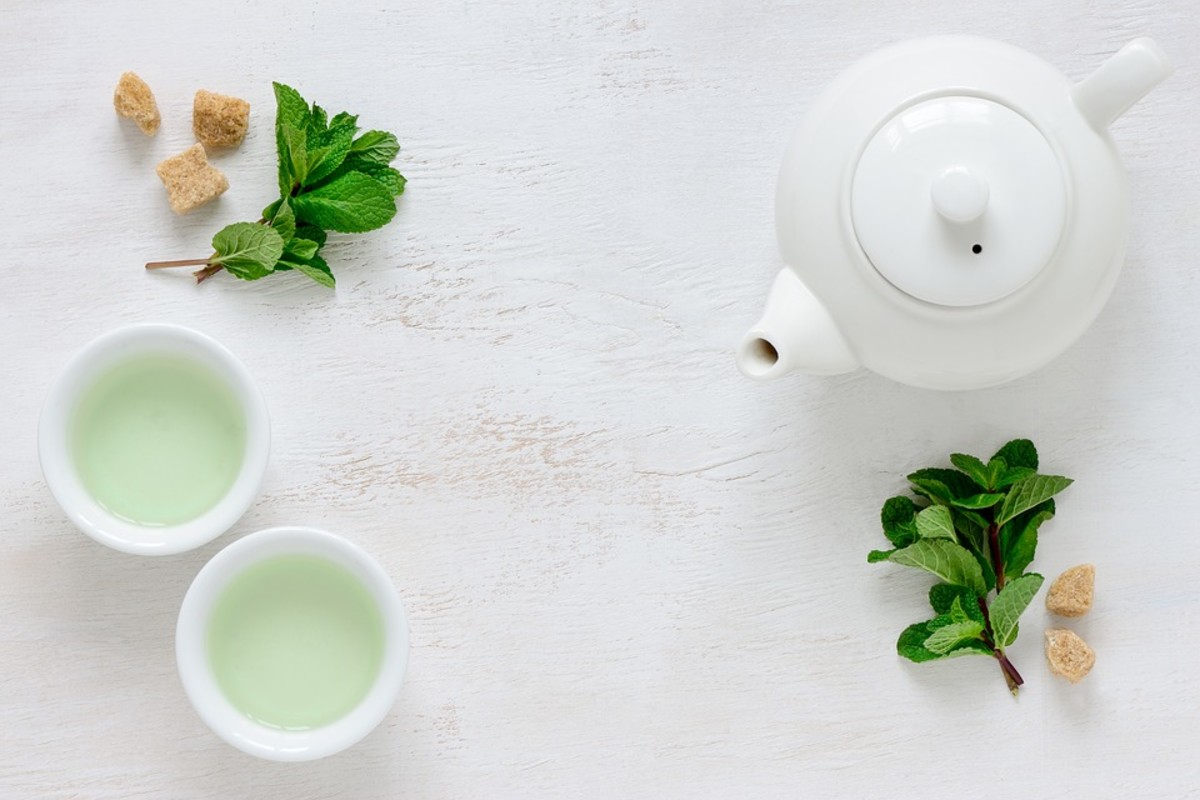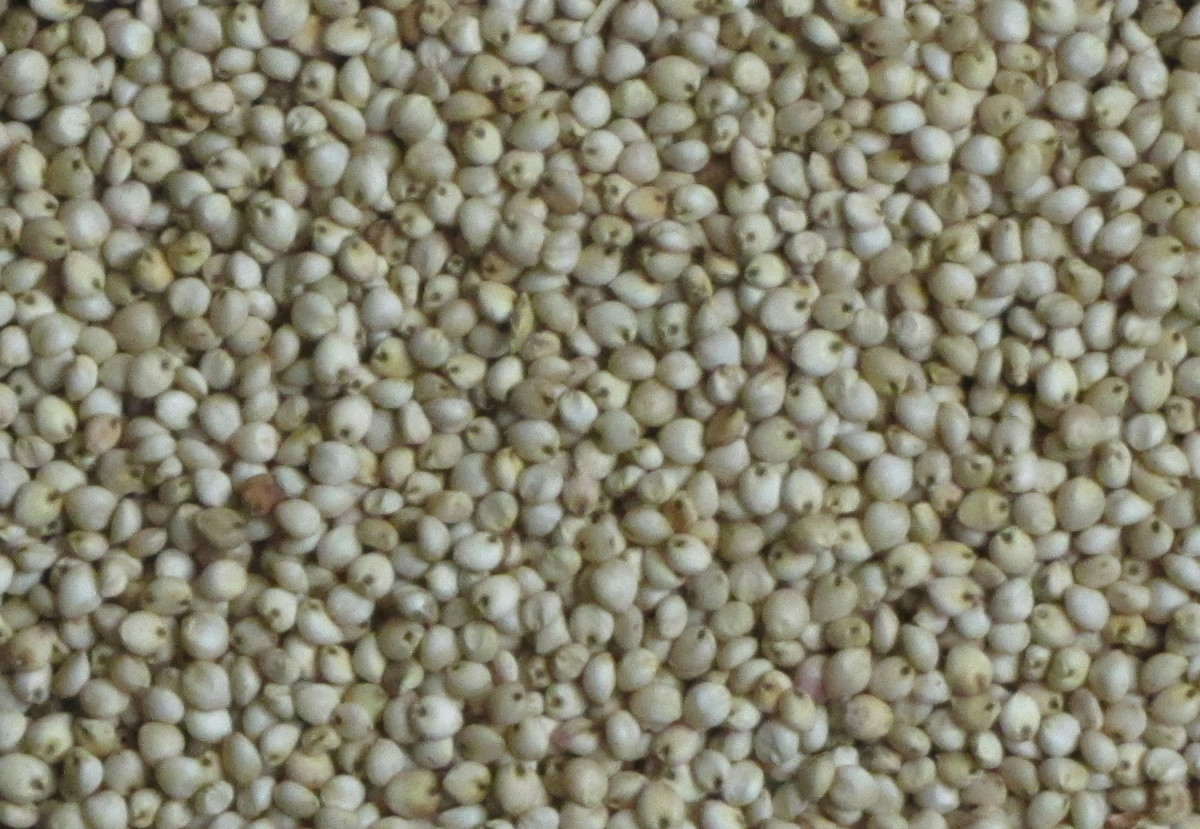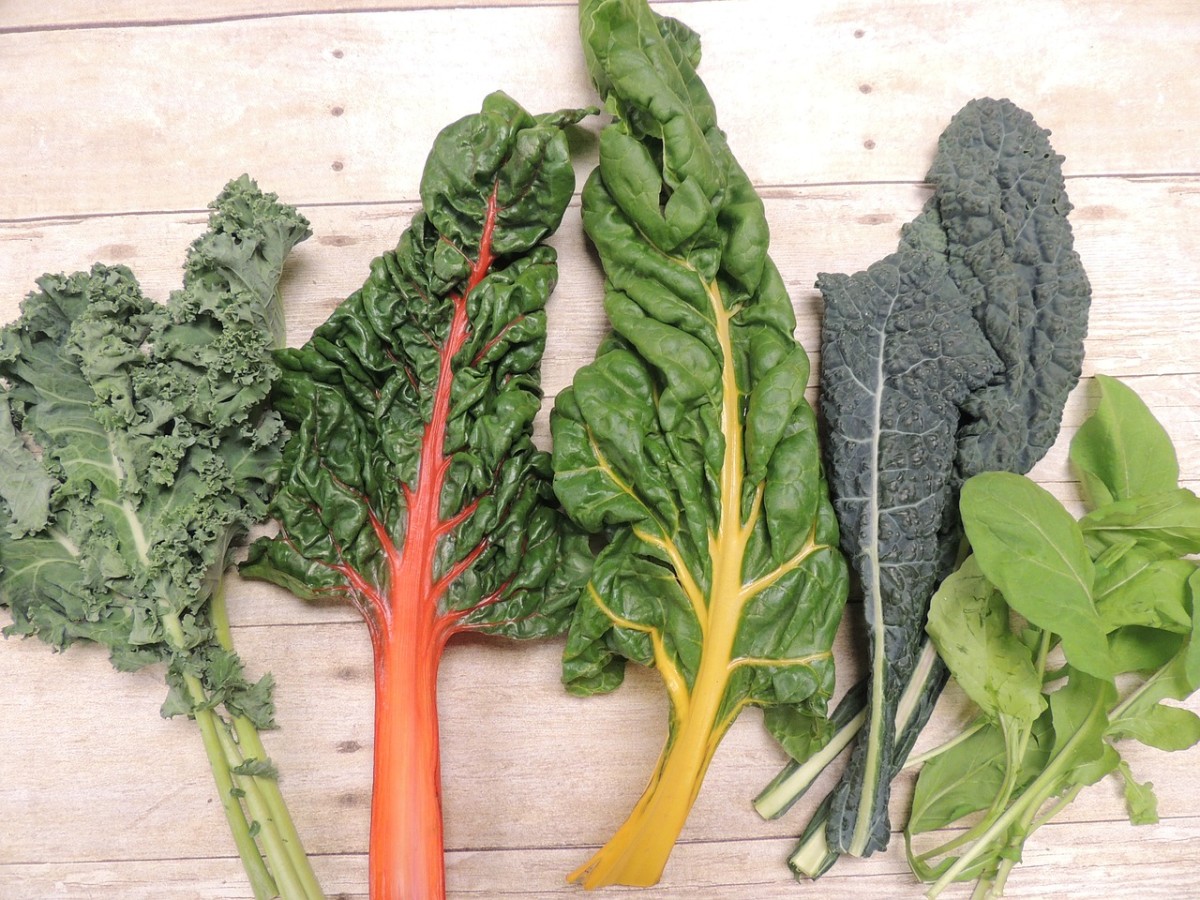Ways Green Tea Can Improve Health
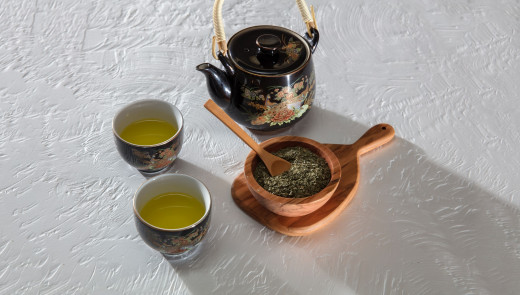
Green Tea Consumption
According to the World Green Tea Association, people consume about 600,000 tons of green tea every year in the world (Asian countries responsible for the majority). That number continues to grow as interest in green tea has risen. This may be because of the supposed health benefits that come from drinking green tea.
Tea is believed to have anti-tumor effects, anti-hypercholesterolemic activities, effects on dementia, effects on eye diseases, anti-hypertensive effects, anti-allergy effects, antibacterial effects, anti-oxidative effects, anti-mutagenic effects, and other benefits.
In traditional medicine, green tea was used to control bleeding, heal wounds, aid digestion, improve heart and mental health, and regulate body temperature.
An article by Elizabeth Crawford of Food navigator-usa provides that American consumption of green tea has not only increased due to its health benefits, but also due to its flavor.
Benefits
Among some of the benefits of drinking green tea has to do with skin health and weight loss. One Bellatory article by LoveThisStuff says green tea can reduce the adverse effects of ultraviolet rays, rejuvenate skin cells, reduce dandruff, improve skin conditions, calm the skin, and fight free radicals that contribute to skin cancer. In terms of weight loss, green teas can help regulate insulin, boost metabolism, and combat free radicals.
What’s in the green tea may be responsible. Green tea contains various vitamins, minerals, and amino acids. Green tea also contains phytonutrients that work in tandem with other components in the tea.
Green Tea's Phytochemicals
Some phytonutrients that can be found within green tea include:
-
Catechins (a sub-group of flavonoids which is a family within polyphenols)
-
Alkaloids (methylxanthines)
-
Saponins
Catechins are responsible for the astringency characteristic of the tea. They can decrease blood cholesterol, reduce body fat, prevent cancer, act as an antioxidant, prevent tooth decay, and more. Alkaloids found in tea include caffeine, theobromine, and theophylline. These act as stimulants.
Caffeine is the most well-known stimulant within this beverage. Caffeine in tea has been known to increase alertness. RdB Nutrition says caffeine can also increase motivation to exercise, decrease fatigue, and increase the use of fat for fuel.
Theophylline is a weaker stimulant but relaxes smooth muscle. According to Balance of Nature, it can also improve the diaphragm’s contraction, lower blood pressure, fight inflammation, and inhibit phosphodiesterase. Kris Gunnars, BSc, of Healthline says theobromine can stimulate the heart, have diuretic effects, and improve blood flow.
The way teas are manufactured or prepared influences the amount of these methylxanthines the tea will contain. One study observed that “three cups of tea brewed using three tea bags (Western culture) have approximately twice the amount of methylxanthines as the same volume prepared by three successive brews of loose tea leaves (Asian culture).”

Other Health Benefits
Other benefits of teas include better brain function, fat loss, cancer protection, and lower risk of heart disease. Regarding brain function, the caffeine blocks adenosine which increases the concentration of other neurotransmitters like dopamine and norepinephrine. The L-theanine in green tea increases dopamine production, alpha waves, and the activity of the anti-anxiety neurotransmitter GABA. Dopamine and norepinephrine control brain states, vigilance, action, reward, learning, and memory processes.
Many of the compounds in green tea have antioxidant properties. Antioxidants can lower the risk of certain cancers. They can protect against oxidative damage. Oxidative damage can contribute to the development of many diseases, cancer included. It was found that women who drank the most green tea had a 20 to 30 percent lower risk of breast cancer. Men drinking green tea had lower risk of prostate cancer, and green tea drinkers were also 42 percent less likely to get colorectal cancer.
The antibacterial effects of green tea can help reduce bad breath as well. The catechins within green tea have been able to inhibit growth of oral bacteria.
Consuming green tea might also help prevent type 2 diabetes and cardiovascular disease. Green tea could improve insulin sensitivity and reduce blood sugar levels. Tea drinkers have lower risk of diabetes. One cardiovascular disease risk factor is the total cholesterol and high LDL cholesterol levels. Green tea’s antioxidants might also help with this, protecting LDL particles from oxidation. Green tea drinkers also have a lower risk of dying from this disease.
Things to Look Out for
Because of its benefits, green tea is often sold as extracts or supplements. However, Harvard Health advises us to be wary of these. These products aren’t as safe or effective as natural green tea. Additionally, as with anything, drinking excessive amounts could harm the kidneys. So drink it in moderation!
Sources
- http://www.o-cha.net/english/teacha/distribution/greentea3.html#:~:text=Approximately%20600%2C000%20tons%20of%20green,on%20all%20kind%20of%20tea.
- http://www.o-cha.net/english/teacha/natural/index.html
- https://www.medicalnewstoday.com/articles/269538#benefits
- https://www.foodnavigator-usa.com/Article/2015/09/29/More-Americans-are-reaching-for-green-tea-consumer-survey-reveals
- https://bellatory.com/skin/-Is-Green-Tea-Good-For-Your-Skin-and-Weight-Loss
- https://www.itoen-global.com/allabout_greentea/components_benefit.html#:~:text=Tea%20contains%20around%205%2D7,)%20and%20copper%20(Cu).
- https://roseveartea.co.uk/about-tea/benefits-of-tea/
- https://www.robertbarrington.net/methylxanthines-tea-coffee/
- https://www.balanceofnature.com/blog/theophylline-phytonutrient
- https://www.healthline.com/nutrition/stimulants-in-tea#TOC_TITLE_HDR_4
- https://www.sciencedirect.com/science/article/abs/pii/0963996996000385
- https://www.frontiersin.org/articles/10.3389/fnmol.2019.00334/full
- https://www.healthline.com/nutrition/top-10-evidence-based-health-benefits-of-green-tea#2.-May-improve-brain-function
- https://www.health.harvard.edu/heart-health/flavonoids-the-secret-to-health-benefits-of-drinking-black-and-green-tea
- https://www.health.harvard.edu/press_releases/drinking-tea-may-benefit-the-heart-and-blood-vessels
This content is accurate and true to the best of the author’s knowledge and does not substitute for diagnosis, prognosis, treatment, prescription, and/or dietary advice from a licensed health professional. Drugs, supplements, and natural remedies may have dangerous side effects. If pregnant or nursing, consult with a qualified provider on an individual basis. Seek immediate help if you are experiencing a medical emergency.
© 2020 Erin Day

